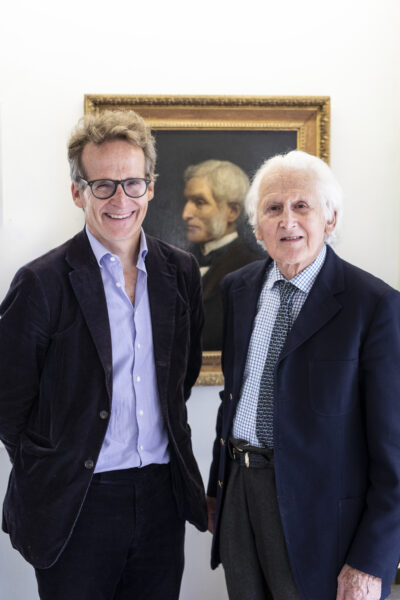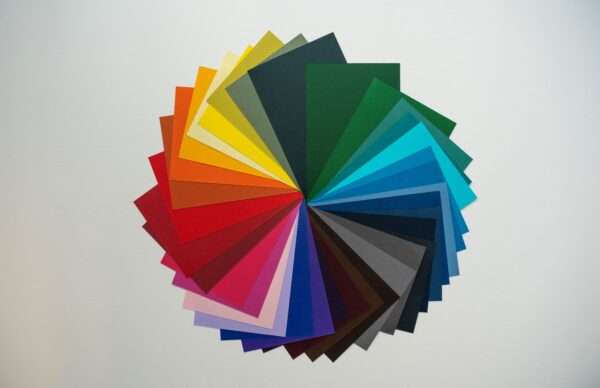Change will be needed across the board to ensure a plastic packaging-free future, according to new Soil Association Certification report.
Retailers and manufacturers are already urged to move to sustainably-produced paper-based packaging where they can, and the COVID-19 pandemic has added an entirely new dimension of new health concerns to this very important issue.
Sustainable Packaging from James Cropper
The demand for sustainable packaging has only grown stronger – a recent survey of more than 1,000 UK adults by the Grocer revealed that environmentally-friendly packaging remains a priority for people. While 42% of respondents to the survey preferred bagless deliveries for instance, a far more substantial 64% said they would prefer paper bags.
The report shows that FSC® and/or PEFC™ certifications are the only way to ensure the paper packaging is not a product of deforestation or poor forestry practices. It highlights the innovations made in this arena, as well as the some of the certified manufacturers and the brands and retailers leading the way including James Cropper and our collaboration with Selfridges.







